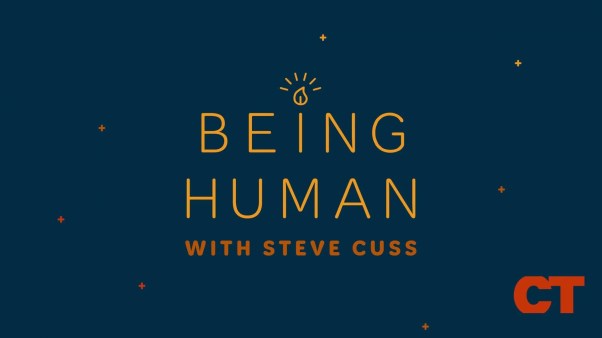“Teach a class” was on my bucket list for years, so when the opportunity arrived, I joyfully agreed to serve as an adjunct marketing professor at a nearby university. Every Tuesday and Thursday morning I wore a big smile for the hour-long commute, excited to help young minds absorb knowledge.
While most of the class arrived eager (or at least willing) to learn, a few struggled. And not with the “learn” part; the need to “arrive” proved a challenge. In fact, one student missed 9 of the first 18 class sessions. So we met to talk.
“What happened all semester?” I asked.
He shared with me a few personal issues. To his credit, he prefaced it with, “I’m not asking for anything, I’m here to apologize for missing your class so much.”
I explained that the university has a clear and often-shared policy that automatically fails a student who misses one-third or more of a course’s class sessions. We both acknowledged that his decisions qualified him for nothing other than an F.
But leaders should travel a long way before releasing a person in their charge into failure’s choking grip, right?
So we kept talking, and we eventually arrived at an idea for a next step: we would meet with the Dean of Students and explain everything. He would share the lesson learned and what will change in the future. Then he would ask for a late withdrawal from my class and any other similar situations, and agree to retake the course hours next semester. The rationale: ask for a do-over, not special treatment. Request grace, not a freebie (a passing grade).
This experience taught me to pay close attention to the value of do-overs. As a leader, I need to know what they are and what they aren’t. A do-over is a second chance to actually accomplish the work. It’s a sign of grace extended—the opportunity to demonstrate that lessons were learned, changes will take place, and that an apology for or acknowledgment of a big mistake is possible.
But before unleashing an onslaught of do-overs, there are four principles a leader needs to understand:
1. A do-over does not involve a leader relaxing clear expectations. Saying “it’s okay” when it’s not serves no one and erodes a leader’s credibility.
2. A leader who says “just let me do it for you” enables dysfunction. If a person owns a responsibility, let him or her retain ownership. A leader who steps in to save the day eventually hinders the team from ever accomplishing anything past the abilities and capacities of the leader.
3. A do-over is only appropriate when the person makes no excuses, demonstrates that he or she fully understands what happened and how to do better, and exhibits eagerness to give it another try.
4. If a person repeatedly drops the ball, either hand him a different ball or transition him off the team. An organization’s tolerance to accommodate do-overs has a limit. However, it’s likely higher than most assume.
Ironically, the student who missed class does excellent work and shows promising intellect. Maybe this lesson, and hopefully a do-over, will help him make a turn for the better. Grace had that effect on me.
David Staal, senior editor for Building Church Leaders and a mentor to a third grader, serves as the president of Kids Hope USA, a national non-profit organization that partners local churches with elementary schools to provide mentors for at-risk students. He also chairs the advisory board for a nearby college, teaches marketing at another university, and served ten years in leadership for a local church following a corporate career. David is the author of Lessons Kids Need to Learn (Zondervan, 2012), Words Kids Need to Hear (Zondervan, 2008), and Show Up (2016 release). He lives in Grand Haven, MI, with his wife Becky. His son Scott and daughter Erin attend Valparaiso University.








